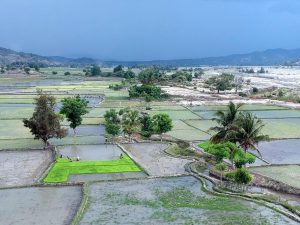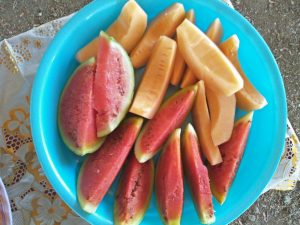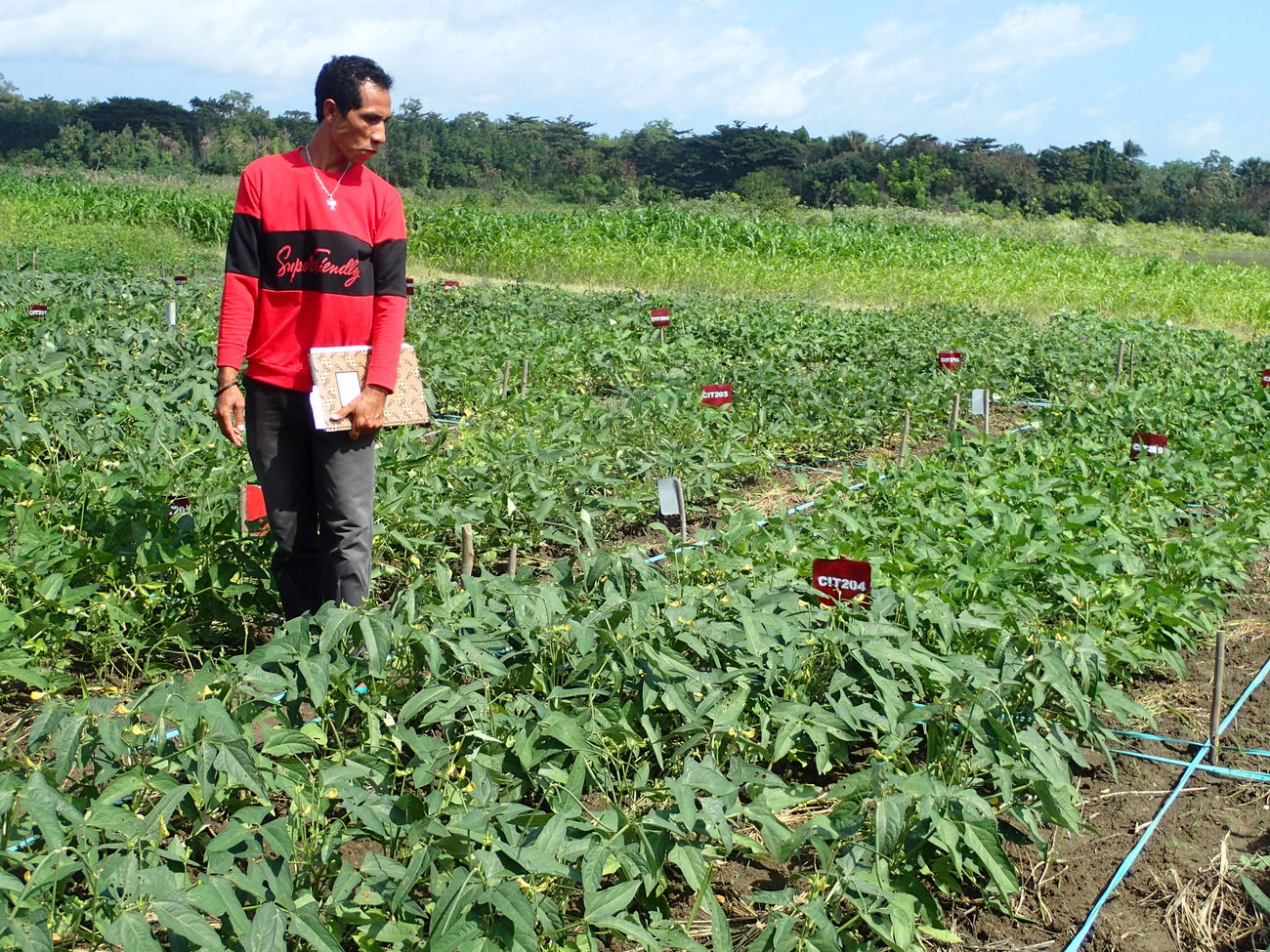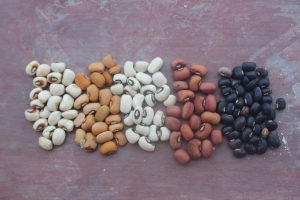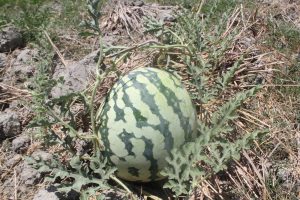New research presented by AI-Com researchers at an international tropical agriculture research conference has shown how rice hull biochar can earn Timor-Leste’s farming families $1 million and reduce national carbon dioxide emissions by two per cent.
The research, presented as a poster at the TropAg 2019 conference in Brisbane, Australia, drew from data gathered by the University of Timor Lorosa’e during 2018 experiments in Vermasse and Laleia, in flat, irrigated land near Timor-Leste’s northern coast. In the experiments, varying amounts of biochar were applied to horticulture crops to determine the impact of biochar – an organic fertiliser made by half-charring the discarded hulls of rice grains – on crop production.
The UNTL research, led by agronomy department head, Acacio Guterres, found that rice hull biochar is a very effective soil amendment for irrigated horticulture crops, including tomatoes and chili, growing in problem soils.
Timor-Leste has generally thin, poor-quality soils, with around one in three farmers growing rice, for a national volume of approximately 82,000 tonnes of rice and 23,000 tonnes of rice hulls per year. This new research estimated the national economic return on converting half of this rice hull volume to biochar, drawing from the UNTL data to outline a potential national benefit to rice hull biochar application, and the effect of biochar application on carbon sequestration.
The research found that using half of Timor-Leste’s rice hulls as biochar could produce approximately $1 million in extra farm gate value and reduce the country’s carbon dioxide emissions by two per cent.
From the UNTL research, tomato and chili crops showed a return of 26c of extra product per kilogram of applied rice hull biochar over a wide range of application volumes. Drawing on the UNTL data, biochar application of 3,823 tonnes per year can lead to an estimated $993,897 per year of additional crop value per year.
Similarly, rice hull biochar is known to remove carbon dioxide from the atmosphere. Converting half the volume of rice hulls produced nationally in a year into biochar could remove 7,645 tonnes of carbon dioxide from the atmosphere per year, which represents 2.3 per cent of Timor-Leste’s national emissions.
This new research offers a compelling pathway for converting low-cost, organic waste products into a useful tool for farming families across Timor-Leste to produce more food, increase crop values, and take steps to reduce the country’s carbon emissions – using practical, applied research to help farming families.
